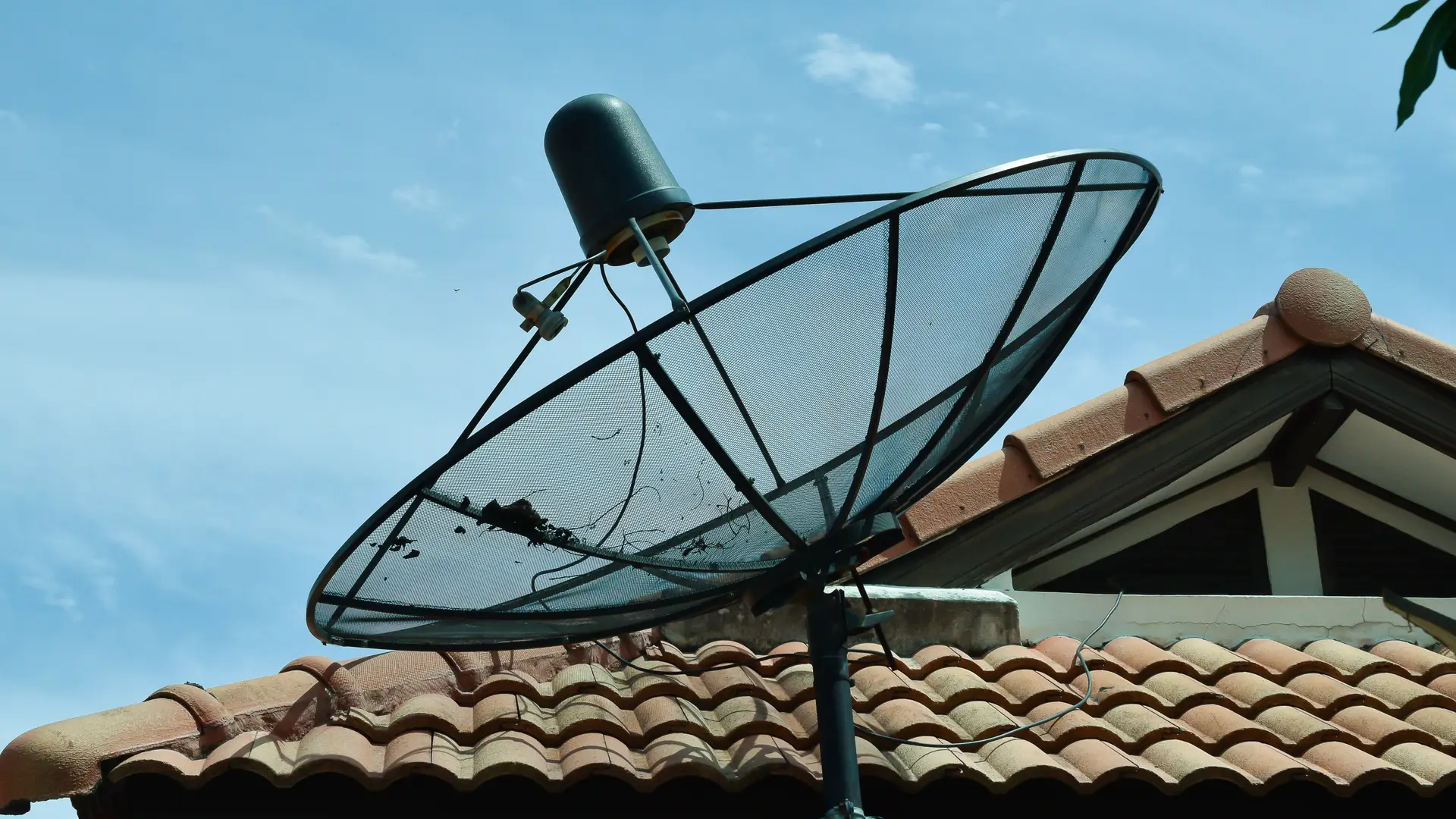What is MiFi? MiFi Deals in the UK 2023

Have you ever imagined you could carry the whole internet in your pocket? If your phone is connected to WiFi or data, you actually do. But there's another means of connection that provides more control: MiFi. So, what is MiFi? How does it work? Is it like satellite broadband? Who provides them? Through answers to these questions, you might discover solutions to problems you didn't even know you had.
How does MiFi work?
MiFi may stand for My WiFi or Mobile WiFi. Either way, it's a box compact enough to fit in your pocket, smaller than a pack of playing cards. This pocket hotspot makes it possible for multiple devices to connect to the internet when on the move.
Anything can connect to a MiFi device in the same way as to a WiFi router, including tablets, phones, MP3 players, eBook readers, laptops, and portable gaming devices. Home or office WiFi works via a router with a fixed cable connection. When you move away from it, you lose its signal. However, a MiFi is a kind of router with an internal SIM card. It's like a WLAN network that moves with you anywhere and is just for you, unless you share its password.
MiFi devices are sold with charging cables that plug into wall or USB sockets just like other devices. Charge duration varies but is hours rather than days. Depending on the model, you could tether it to any speed of network, including 5G. You pop a SIM into the device just as with phones, making it simple to use a local MiFi SIM when abroad.
MiFi Vs. WiFi and Hotspot
Of course, you can use a smartphone's hotspot function to share internet connectivity with other devices instead. But this can drain the phone's battery and data allowance, and MiFi tends to be faster and more stable.
You could also use a public WiFi network when out and about, but these are often not secure, creating a risk of data theft and other breaches. And you can't always be sure of finding them when and where you need them.
MiFi providers in the UK
In the UK, MiFi falls under the broader category known as mobile broadband, which includes USB modems and dongles. Its purchase is encouraged by providers for the reasons outlined above, and because the rollout of fast broadband, particularly in rural areas, has been slow. Fixed internet can be slower than connection via 4G. When 5G is available, a fixed broadband line can't compete.
With MiFi being an increasingly popular and sophisticated option, many packages are available. Things to look out for include:
- Network signals in your area, especially outside major cities.
- How much data you use. If your household includes gamers and Netflix bingers, it's best to find an unlimited data package for peace of mind.
- Look at the device provided, considering ease of use and length of charge.
The UK's providers and monthly packages as of late 2020 include:
| Company | Cost | Data | Speed | Device |
|---|---|---|---|---|
| EE 4GEE | £13£20£30 | 5GB30GB50GB | 4G | 4GEE WiFi up to 15 hours or 4GEE Mini 8 hours |
| EE 5GEE | £70, plus £100 upfront | 1000GB | 5G | 5GEE Router with signal boost antenna |
| O2 Mobile Broadband | £20-£24 depending on contract length | 15GB-75GB | 4G | Standard Huawei or Netgear Pocket Hotspot Pro |
| Three Home Broadband | £30, 24 month contract | Unlimited | 5G | Huawei HomeFi router |
| Vodafone GigaCube | £30£40£50 | 100GB200GBUnlimited | 5G | GigaCube: up to 64 devices at once, two ethernet ports |
Difference between MiFi and satellite broadband
Satellite broadband is just like it sounds. The internet is picked up by a satellite dish rather than a fixed line. Its main benefit is in rural areas where cable or fibre is impossible. You can use satellite broadband anywhere in the world with a clear southerly line of sight, but it can be affected by weather.
Data allowances aren't usually high, and lag times due to signal travel distances can be high. This makes it not really appropriate for high usage activities like gaming and streaming. Also, there's higher upfront expense due to installation of a transmitter and satellite dish. It gives fairly fast and somewhat reliable internet access, but at a cost.
Given expenses and lower reliability, if you live rurally you should compare satellite broadband against MiFi options.
Satellite Providers UK
The UK's regulator Ofcom estimates 95% of the population has access to superfast fixed line broadband. If you fall within the 5% who don't, satellite broadband providers you can consider include:
- Broadband Everywhere
- Freedomsat
- NotSpot
- Satellite Internet
- WiSpire.
Pricing ranges from £20-£100 depending on data caps.
You might think Sky would be on that list, as Sky satellite dish use is so common. But in fact, Sky internet provision is only through fixed line arrangements.
